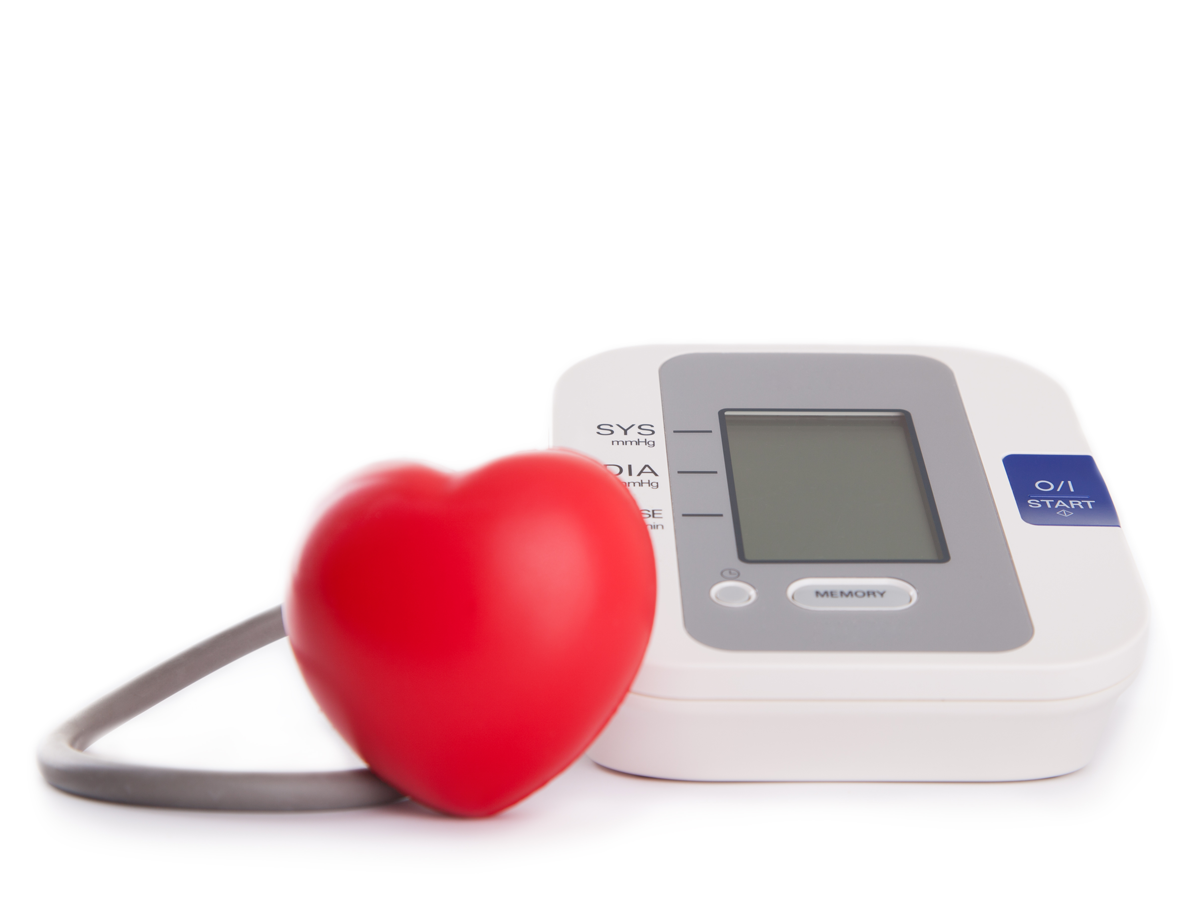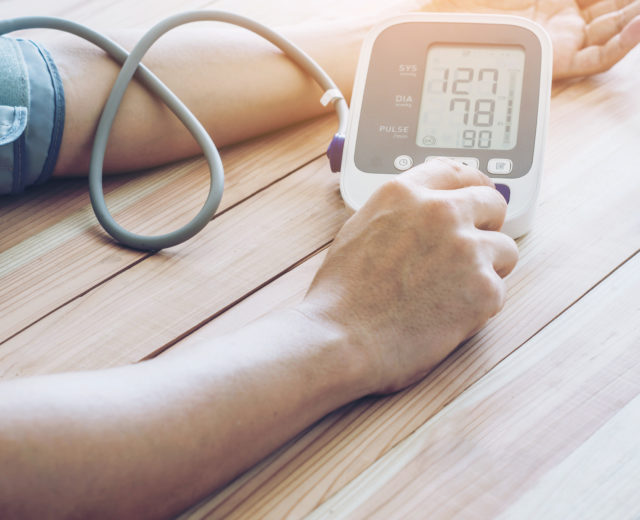The Importance of Blood Pressure
By Mark Mercure, Pharmacist/Owner
Home Health Care Pharmacy
In this age of information, people have access to far more data about their health than ever before. We can count our steps, our calories, and track our sleeping habits to provide ourselves with information and encouragement to move our health in the right direction. We should be careful however, not to focus on these statistics only. There is another factor that is proven to predict our risk of heart disease, stroke, and kidney disease. Let’s take a closer look at blood pressure, and how we can manage it.
Blood pressure is the force of the blood pressing against your artery walls. If this pressure is too high, damage can result to the arteries. You won’t be able to feel this damage, so keeping your blood pressure below the recommended thresholds is important for prevention of cardiovascular diseases.
Blood pressure is measured with two numbers, Systolic (the top number) and Diastolic (the bottom number). Systolic is the pressure in your arteries when your heart beats, while diastolic is the pressure in your arteries between heartbeats, while your heart refills with blood. The optimal blood pressure is 120 mmHg for systolic, and 80mmHg for diastolic. Keeping your blood pressure below this level will mean you are at the lowest risk from damage to the arteries.
Your doctor may diagnose you with hypertension if your blood pressure is higher than 135/85. This means that you should take steps to lower your blood pressure in order to lower your risk of heart disease and stroke. Your doctor may also give you a target blood pressure, depending on whether or not you have other risk factors for heart disease, are diabetic, elderly, have kidney disease, or have a specific kind of high blood pressure.
The following life style changes can have a significant impact on your blood pressure:
-
- Reducing your intake of sodium to below 1800 mg per day can lower your systolic blood pressure by an average of 5.8 points, and your diastolic by an average of 2.5 points. Sometimes blood pressure can be reduced to below target simply by reducing your intake of sodium, without the need for medication!
- Weight loss can have an even larger impact. A weight reduction of only 4.5 kg (10 lb), can lower your blood pressure by 7.2 systolic and 5.9 diastolic points on average.
- Diet and exercise, regardless of whether weight loss is achieved, have a very large impact as well. Adding an exercise program of only 30-45 minutes, 3 times per week can lower blood pressure by 10.3 systolic points. Following the DASH eating plan was found to lower blood pressures by a whopping 11.4 systolic points.
These effects on blood pressure are significant when compared to the reduction offered by prescription medications, and should be adopted by anyone needing to lower their blood pressure.
If you have high blood pressure, it is important to note that some medications can aggravate this condition. Among the most common are anti-inflammatory medications, including those sold over the counter, some antidepressants, certain decongestants such as those found in cold medications, corticosteroids, and excessive alcohol use.
The magnitude of the reduction in cardiovascular risk depends on the extent of the reduction in blood pressure. A major reason for poor blood pressure control is patients not being able to take their medications as prescribed. There are many reasons that people may not be able to take their medications the way the doctor prescribed them, including costs, complicated dosing times, or unclear information. Because this is such an important factor in preventing disease, speaking with your pharmacist about solutions to these types of issues can literally save your life. If you or someone you know is struggling with their blood pressure medications correctly and consistently, consider a comprehensive medication review to find a solution.
Lastly, tracking your blood pressure at home is easier than ever before with a home blood pressure monitor. Regularly measuring blood pressure allows you to monitor the benefits that your lifestyle changes or medications are providing. These machines are compact, easy to use, and are accurate enough for your doctor to be able to make decisions based on the results. Ask your pharmacist to recommend and demonstrate an appropriate blood pressure monitor. You can also track your blood pressure using the free PharmaSmart Blood Pressure Tracker at your local Super Thrifty pharmacy.
That which is measured can be managed, so take charge of your cardiovascular health by keeping your blood pressure on target. Learn more about how to take reliable blood pressure measurements.
 Mark Mercure is certified by the Board of Pharmacy Specialties in Geriatric Pharmacy and is the owner/manager of Home Health Care Pharmacy. He specializes in providing comprehensive medication reviews which help patients optimize medication use and avoid drug-related issues.
Mark Mercure is certified by the Board of Pharmacy Specialties in Geriatric Pharmacy and is the owner/manager of Home Health Care Pharmacy. He specializes in providing comprehensive medication reviews which help patients optimize medication use and avoid drug-related issues.



